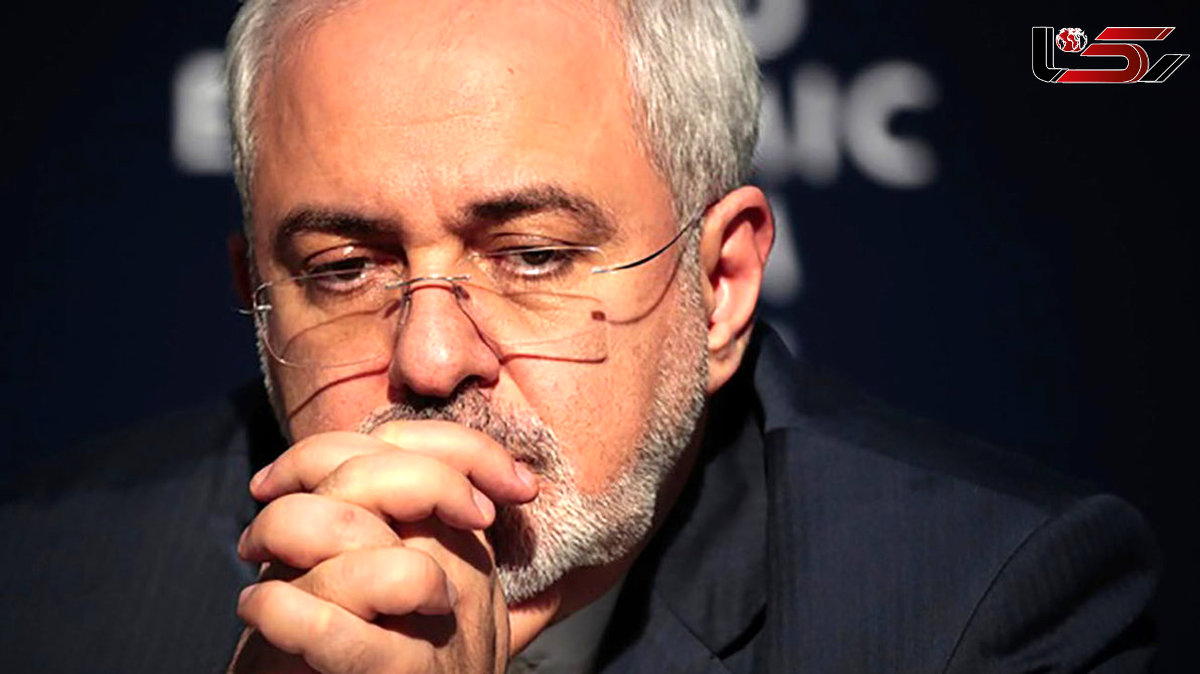Zarif Advises Trump: Don’t Listen to Netanyahu
Rokna Political Desk: Former Iranian Foreign Minister Mohammad Javad Zarif stated that former U.S. President Donald Trump could reach an agreement with Iran and that he is interested in doing so, but there is one key condition: he must stop listening to Israeli Prime Minister Benjamin Netanyahu.

In an extensive interview with Foreign Policy, Zarif described the twelve-day military escalation as not merely an attack on nuclear facilities but as a direct assault on innocent civilians and Iranian scientists, constituting a war crime. He emphasized that the attack, coinciding with nuclear negotiations, undermined confidence in diplomacy but also demonstrated that Iran is not a cost-free target.
Zarif explained that despite damages sustained, Iran shattered the myth of Israel’s invincibility and inflicted strikes on Israeli targets despite sanctions and lack of access to advanced equipment. Standing against two nuclear powers, Iran sent a clear message: any attack on the country carries consequences and will be met with a response.
He reiterated that Iran has no intention of developing nuclear weapons and that the JCPOA could have definitively confirmed this. Zarif claimed Israel’s opposition to the agreement stemmed from its potential to bring peace to the region, which Netanyahu perceived as an existential threat. He also emphasized that groups like Hezbollah and Hamas fight to defend their own lands, not Iran’s interests.
Criticizing Netanyahu, Zarif accused him of manipulating the U.S. and the international community against Iran. He described the Israeli leader as the greatest regional obstacle to peace, whose political survival depends on ongoing crises and chaos.
Zarif also dismissed European involvement in discussions about reinstating sanctions as unfounded. He noted that Iran maintained its JCPOA commitments even after the U.S. withdrawal, while European nations failed to fulfill their promises. He argued that Iran, over its 220-year history, has faced humiliation and aggression but for the first time demonstrated it can stand against two nuclear powers without yielding. This resilience, Zarif stressed, reflects not just the government but the will of the Iranian people.
Regarding U.S. policy, Zarif described Trump’s bombing of Iran during negotiations as a severe blow to America’s credibility. He argued that such actions showed the U.S. cannot be trusted and only recognizes the language of force. He criticized the “maximum pressure” policies of both Obama and Trump as ineffective, weakening diplomacy without achieving objectives.
On the global stage, Zarif highlighted the need for a paradigm shift in international relations, moving beyond the illusion of a unipolar world. He described the emerging post-polar world as one in which power is dispersed across multiple layers and emphasized that Iran will remain a civilized, dynamic nation. He advocated regional cooperation and peaceful agreements as the most effective strategy for managing nuclear and security challenges.
Addressing Trump directly, Zarif expressed confidence in the former president’s ability to reach a nuclear agreement with Iran, provided he stops taking advice from Netanyahu. He noted that while Trump’s past actions, including the bombing of Iran, have damaged U.S. credibility, a different and constructive future remains possible if lessons are learned from past mistakes.
Zarif elaborated on the twelve-day war, explaining that it occurred just days before planned negotiations with the U.S., creating a perception in Iran that diplomacy was used as a cover for aggression. He stressed that the attacks targeted civilians and scientists, not military leaders, and that such acts constitute war crimes under international law. Despite suffering damages, Iran demonstrated that it cannot be attacked without consequences.
Regarding regional conflicts, Zarif rejected the notion that Iran controls proxy groups such as Hezbollah, Hamas, or the Houthis. He argued that these groups act independently to defend their lands, driven by local occupation and oppression, not Iranian directives. He further criticized Israel for using Iran as a distraction from the Palestinian cause.
Zarif also addressed the JCPOA and sanctions, asserting that Iran fully adhered to the nuclear agreement even after the U.S. withdrawal. He blamed Europe for failing to implement promised measures and criticized the misuse of dispute-resolution mechanisms against Iran.
On future prospects, Zarif emphasized that Iran’s resilience and experience provide a strong foundation for regional collaboration and nuclear agreements. He called for cooperation between Iran and neighboring countries, including Russia, Turkey, Azerbaijan, Armenia, and Georgia, to foster security and development. He argued that constructive engagement, rather than coercion or military aggression, is the most effective path forward.
Zarif concluded by underlining Iran’s enduring civilization, its ability to withstand centuries of invasions, and its determination to remain a dynamic and civilized nation. He reiterated that a new paradigm in global relations is necessary, one based on respect, cooperation, and dialogue. He expressed hope that all parties, including the United States, are prepared to engage in this process, emphasizing that Iran has the capability and willingness to pursue a peaceful and prosperous future.
Send Comments